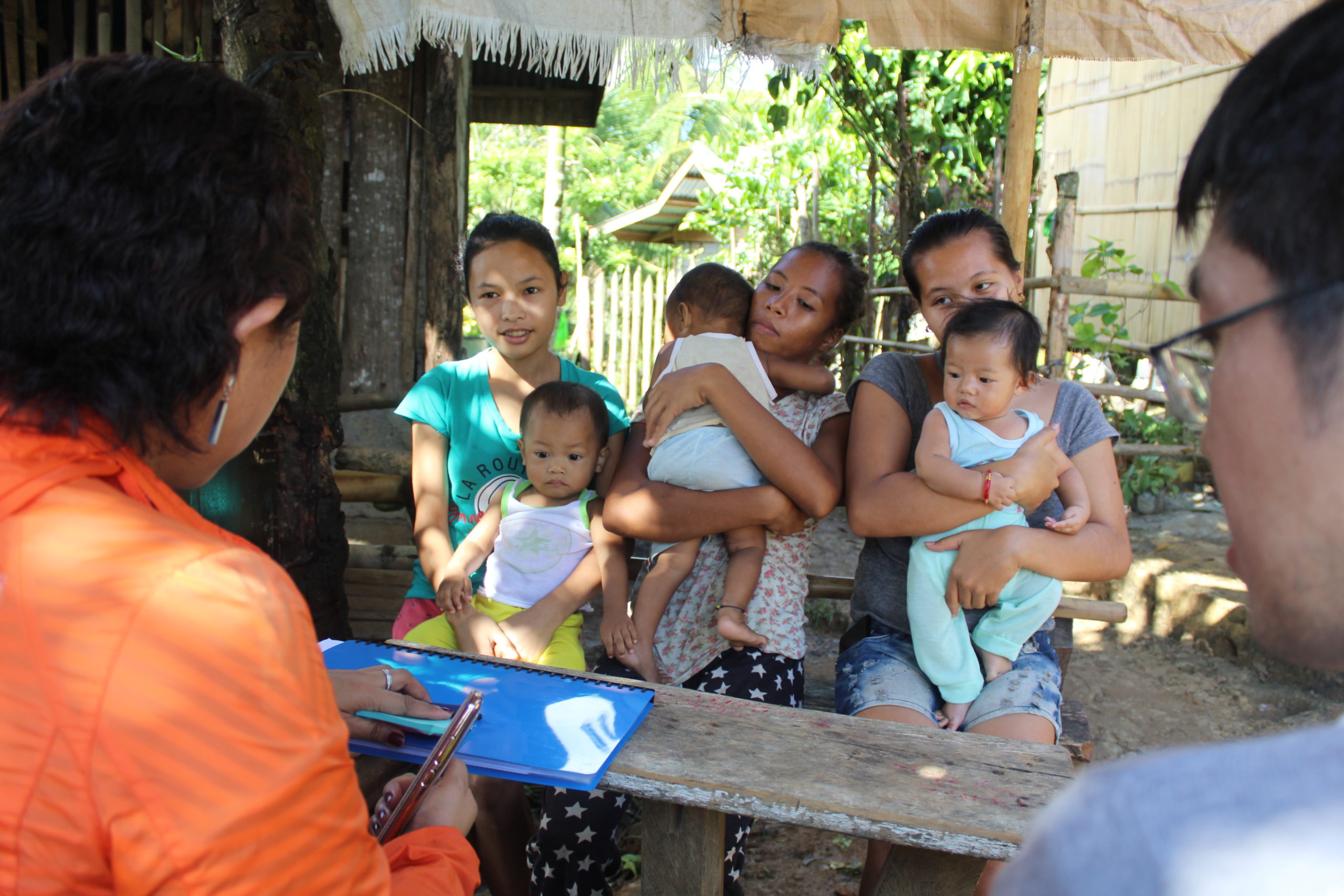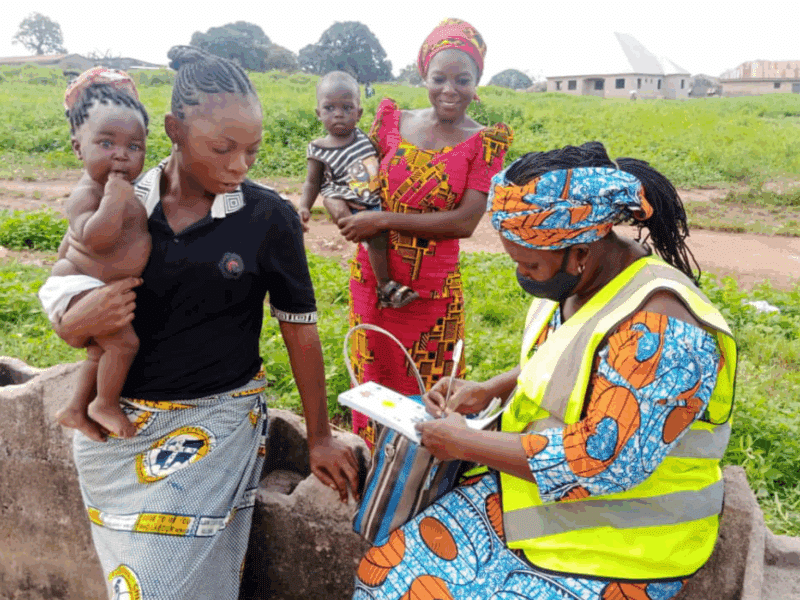In the Philippines, about one in every 10 pregnancies occurs in a teenager, giving the nation the third-highest adolescent pregnancy rate in Southeast Asia. And birth rates among teens continue to climb.
To understand the stories behind the numbers and determine what teens face as they navigate love, sex and relationships, USAID’s ReachHealth project and the Johns Hopkins Center for Communication Programs, asked the teens themselves.
With the input of 215 adolescents, parents, teachers and government officials during immersive human-centered design (HCD) sessions over several weeks, hundreds of ideas were generated on how to help solve the teen pregnancy crisis. Insights from those sessions found that adolescents are expected to first learn about reproductive health at home, but the concept of hiya (shame) in Filipino culture prevents many parents and adolescents from having those conversations. According to the Young Adult Fertility and Sexuality Survey, just 10 percent of Filipino youth say that sexuality is discussed in the home.
“I asked my parents about sex,” said one teenage boy, “but they just laughed at me and said I was too young to know about it.”
Based on this formative research, CCP, under the ReachHealth project and alongside the Philippines’ Commission on Population & Development, has launched the nationwide Konektado Tayo (we are connected) campaign – a social media campaign for parents of teens to help improve the quality of conversation about love, sex and relationships.
Konektado Tayo posts on these topics and then answers any outstanding questions or corrects misinformation. It also gives tips on the best way for parents to interact with their adolescents.
“Konektado Tayo serves as a safe space for parents and guardians of teens to learn and be more confident as they talk with their teens,” says CCP’s Jeffry Lorenzo, a social behavior change and gender program officer with ReachHealth. “By providing conversation guides, suggested topics, and discussion prompts, the platform will assist parents in overcoming hiya in their dialogues with their teens.”
With a soft launch in February, the Konektado Tayo Facebook page has already reached more than 11 million people. Most of the engagements came from 35 to 54 age groups, the intended audience for the campaign.
The goal of Konektado Tayo campaign is to achieve “three Es”: Encourage Filipino parents of teenagers to communicate with their children about love, sexuality and relationships; equip the adults with the knowledge and skills to feel confident about the information they will share with their children; and enable parents to build their teens’ values and life skills which they will need as they transition to adulthood.
During the formative research, CCP also learned that Filipino teens find it extremely challenging to access contraceptives unless they have already been pregnant; that teens are emotionally vulnerable which can lead them to engage in unhealthy relationships and risky sexual behaviors; and that communities view teenage pregnancy as a matter to be dealt with within the family. Community leaders do not see it as a concern of the community. As a result, community-based programs working to prevent unintended pregnancies are limited. Parents are conditioned to deal with it after the fact, as they do not have the tools to prevent their children from becoming pregnant.
One adolescent girl from Davao City told CCP that family planning service providers are known to turn away those her age. “The person [in the health center] would say, ‘You’re too young to ask for this [contraception]. Where are your parents? … At this age, it is not allowed yet.’”
In some cases, talking about sex with unmarried and non-pregnant teens is seen as inappropriate and wrong, because it is believed it will encourage them to engage in early sex.
“If they are aware [of contraceptives], maybe they are going to test it,” said a teacher in Iloilo City. “It opens up the way for them to have sexual intercourse.”
Said the mother of a teen in Cavite City: “We talk about sex as if it’s a joke, because we are shy to talk about it. It feels disgusting. Some teens are not yet ready to talk about it.”
In just a short time, some parents and their children have already seen the benefits of Konektado Tayo. Darwin Zuṅiga and his teenage son Kalel are just two examples.
“Every time my son asks questions, we always make sure that we are available for him,” says the elder Zuṅiga. “We may not always be physically present as we are working. But whenever he needs us, we are there for him. We always welcome his questions, and we always celebrate small wins in his life.”
ReachHealth is USAID’s flagship family planning project in the Philippines. It is led by RTI International. CCP and Duke’s Global Health Innovation Center are partners.





